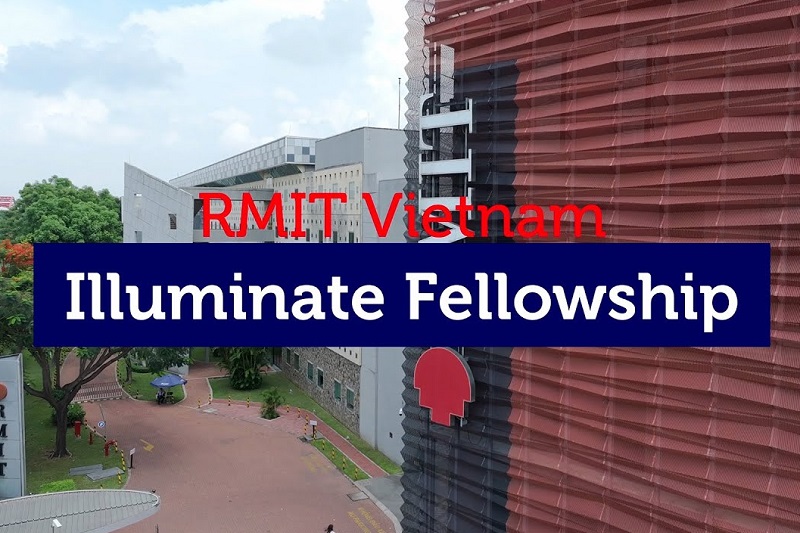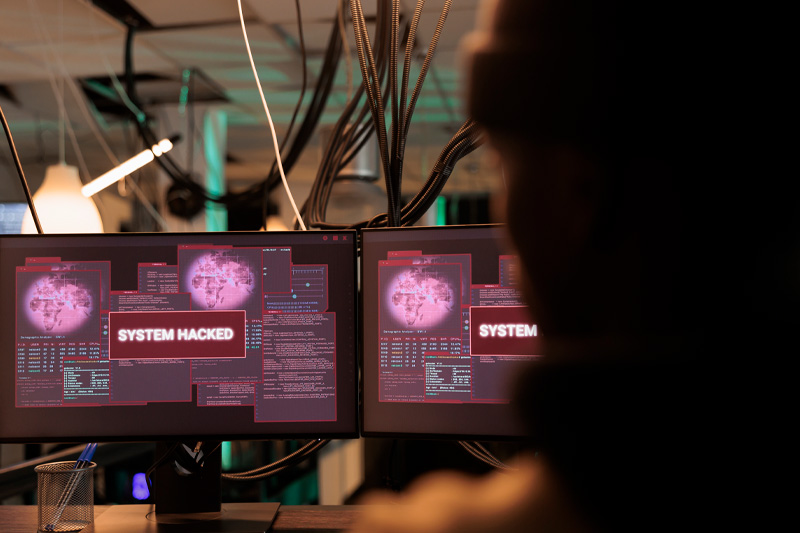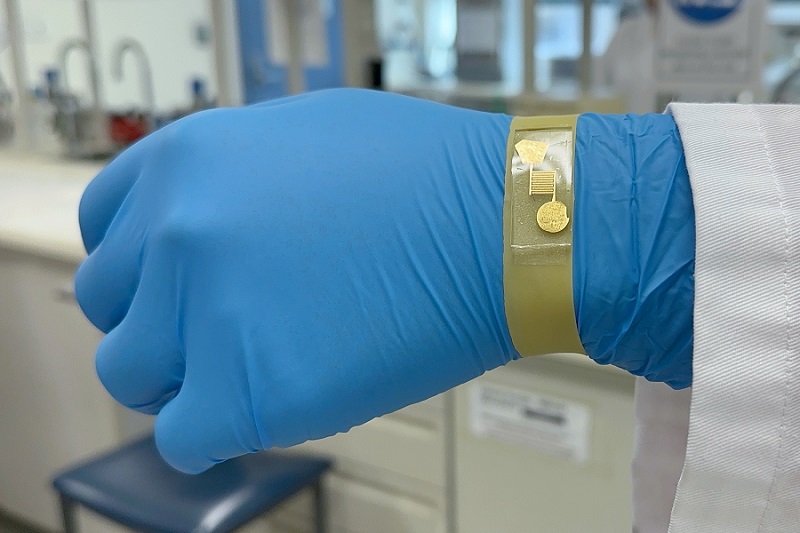RMIT Vietnam seeks research leaders and experts for new fellowship program
Join us as an RMIT Vietnam Illuminate Fellow to promote the sustainable development of Vietnam and the region.
Rethinking authentic assessments in the age of generative AI
RMIT Vietnam researchers have introduced a framework to help educators determine the effectiveness of popular generative AI tools such as ChatGPT in solving authentic assessments.
How can Vietnamese SMEs strengthen their cyber security?
The answer lies in raising awareness about cyber threats and risks, particularly for small and medium-sized enterprises (SMEs) in Vietnam that are susceptible to losses and reputational damage under attack.
Nose-like sensor sniffs out toxic ammonia gas
Engineers in Australia have developed a small ammonia gas sensor that could enable safer hydrogen storage and specialised medical diagnostic devices.


.jpg)



